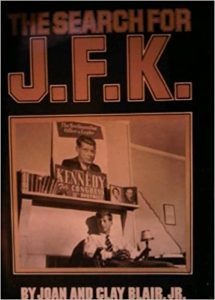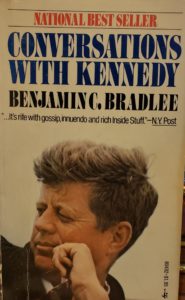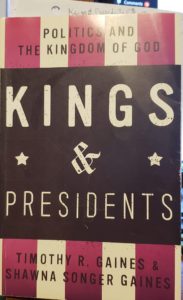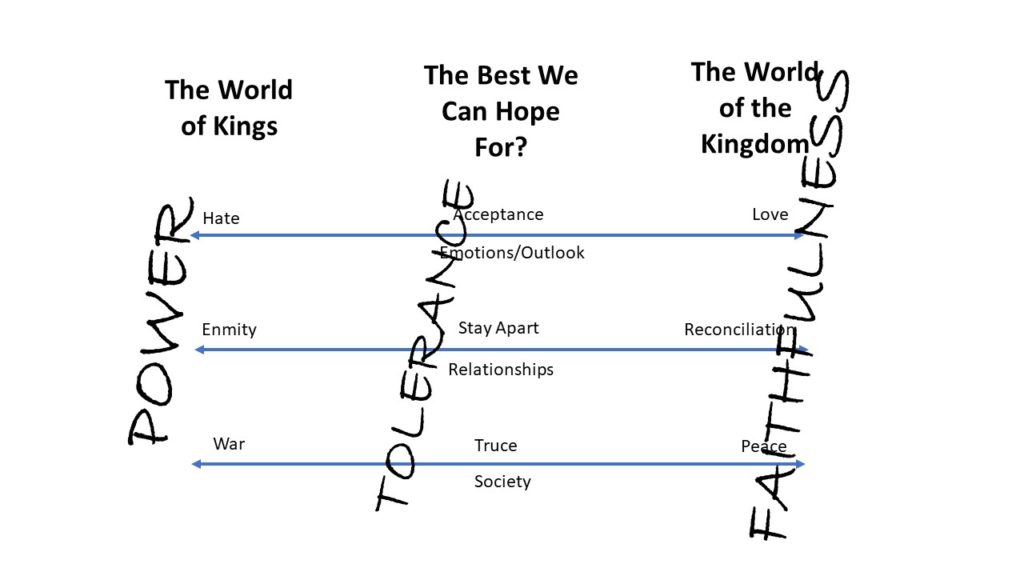What would you do if you were reading a book and came across this in it:
bowing at the altar of individualism, including individualist spirituality
I encountered it in a book I recently read. I won’t say what the book is, nor why I was reading it.
Let’s just say that I’ve run across this concept time and time again recently. Individualism is bad. Rugged individualism is a sin. We need to expunge individualism from society and the church. You can’t do discipleship solo. I don’t understand this concept. But perhaps we need to take a moment and define what individualism is. A modern dictionary definition is:
1. the habit or principle of being independent and self-reliant.
2. a social theory favoring freedom of action for individuals over collective or state control.
Wikipedia has the following “executive summary” for their article on individualism:
Individualism is the moral stance, political philosophy, ideology and social outlook that emphasizes the moral worth of the individual. Individualists promote the exercise of one’s goals and desires and to value independence and self-reliance and advocate that interests of the individual should achieve precedence over the state or a social group while opposing external interference upon one’s own interests by society or institutions such as the government. Individualism is often defined in contrast to totalitarianism, collectivism and more corporate social forms.
Individualism makes the individual its focus and so starts “with the fundamental premise that the human individual is of primary importance in the struggle for liberation”. Anarchism, existentialism, liberalism and libertarianism are examples of movements that take the human individual as a central unit of analysis. Individualism involves “the right of the individual to freedom and self-realization”.
Individualism has been used as a term denoting “[t]he quality of being an individual; individuality”, related to possessing “[a]n individual characteristic; a quirk”. Individualism is also associated with artistic and bohemian interests and lifestyles where there is a tendency towards self-creation and experimentation as opposed to tradition or popular mass opinions and behaviors such as with humanist philosophical positions and ethics.
I’m really having trouble finding anything wrong with individualism, based on these definitions. I don’t find the necessity of such extreme manifestations of individualism as anarchism or bohemianism. For all conditions in society, you will find extreme examples, be that for individualism or the opposite. And, what is the opposite of individualism? Is it collectivism? Is it tribalism? Is it state-ism? Enquiring minds want to know.
The concept of self-reliance seems good to me. Don’t burden family or society any more than you have to. Can someone explain to me what’s wrong with doing for yourself to the greatest extent possible rather than burdening society?
Sometimes I think the war on people wanting to be unique individuals is an extrovert vs. introvert thing. Neither one fully understands the other, but I think extroverts tend to be more aggressive in trying to make the introvert be more extroverted than the other way around. Maybe I’m wrong about that, but as one who leans more to the introverted end of the spectrum, that’s what it seems to me. Sometimes people just want to be left alone, to do for themselves—to be an individual rather than one of the herd.
When I encountered “bowing to the altar of individualism” in that book, a clear case of over-the-top rhetoric in my not so humble opinion, I came close to throwing it in the trash. But I never throw any book in the trash, not even those I disagree strongly with. I have thrown out a couple that were cheaply made and had fallen apart, but not for disagreement.
Complete self-reliance is, or course, impossible unless one can live in a remote cabin somewhere and have the skills necessary to live alone. If someone can do that and maintain their Christian faith, God bless them, let them do that. But the world’s population is too large to allow many people to do that. Mankind has to mix in society nowadays and has had to for a long time. But why not live as self-reliantly as possible? Why not, when encountered with a task that needs to be done, say “How can I accomplish this on my own?” rather than to say “Who can I get to do this with me?” Why burden society if I can do it myself?
I’m no hermit. I’m not fully self-sufficient, nor do I want to be. But I don’t bow at any altar of individualism and I resent that statement. I see the moral worth of the individual. I believe each individual needs to do his best to take care of himself first before seeking help from society. And I don’t see that changing.
One more book like the last one coming being suggested for me and…I won’t be buying any more from it.




